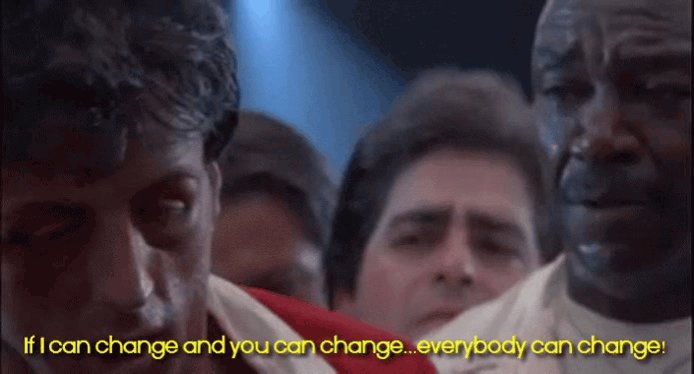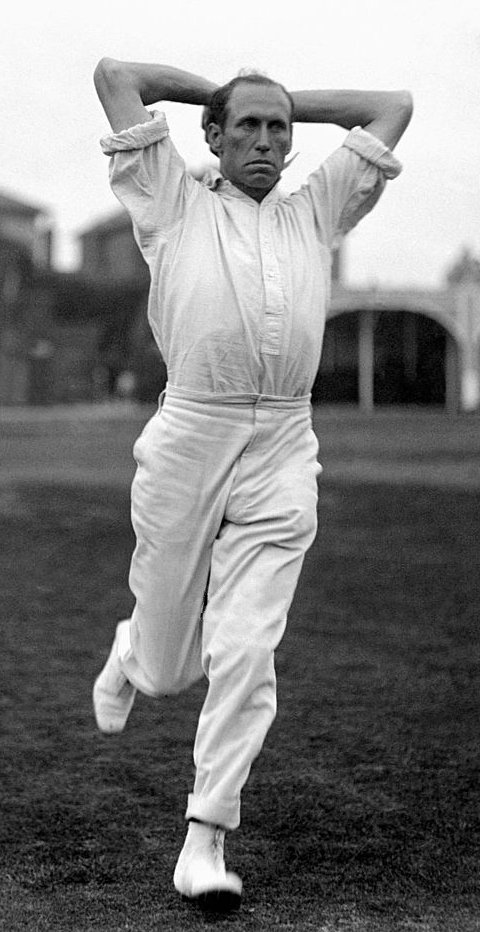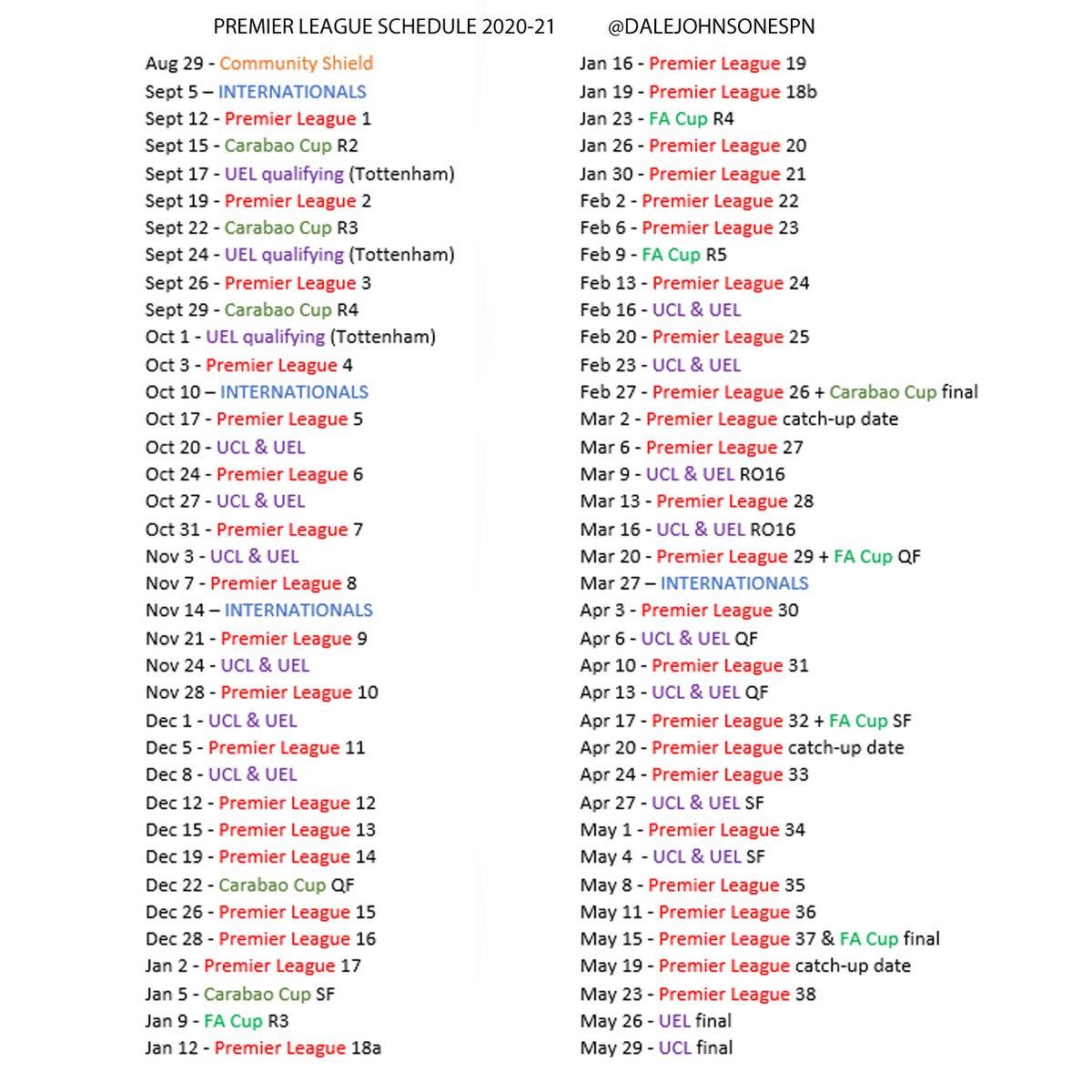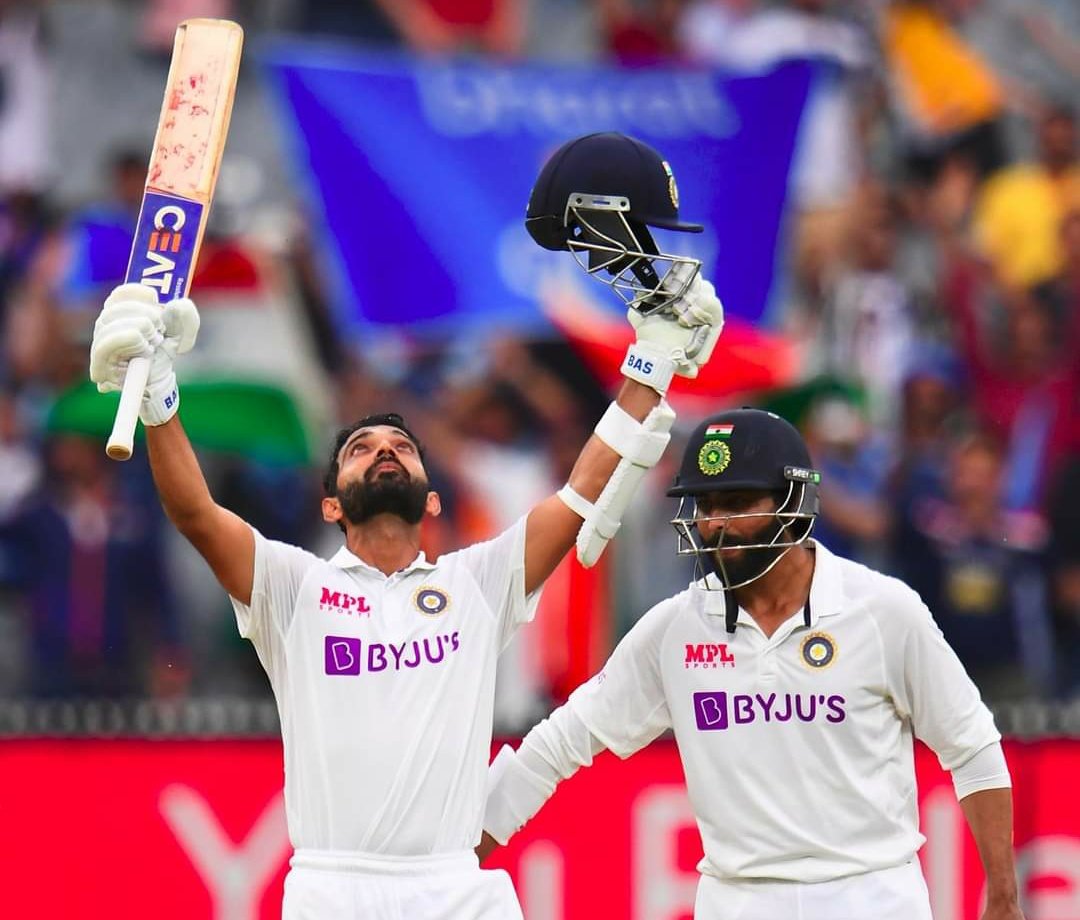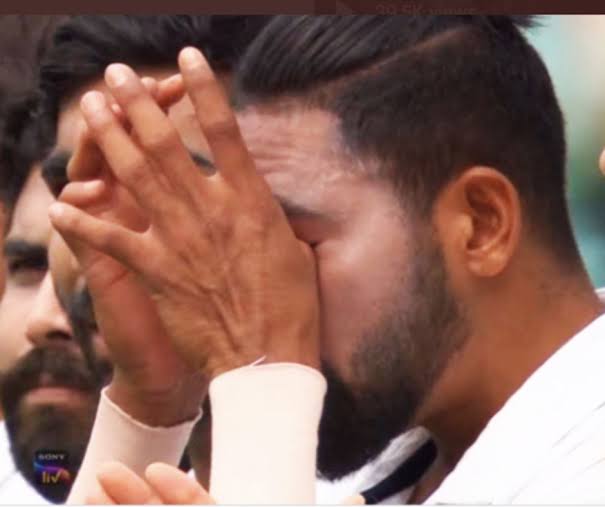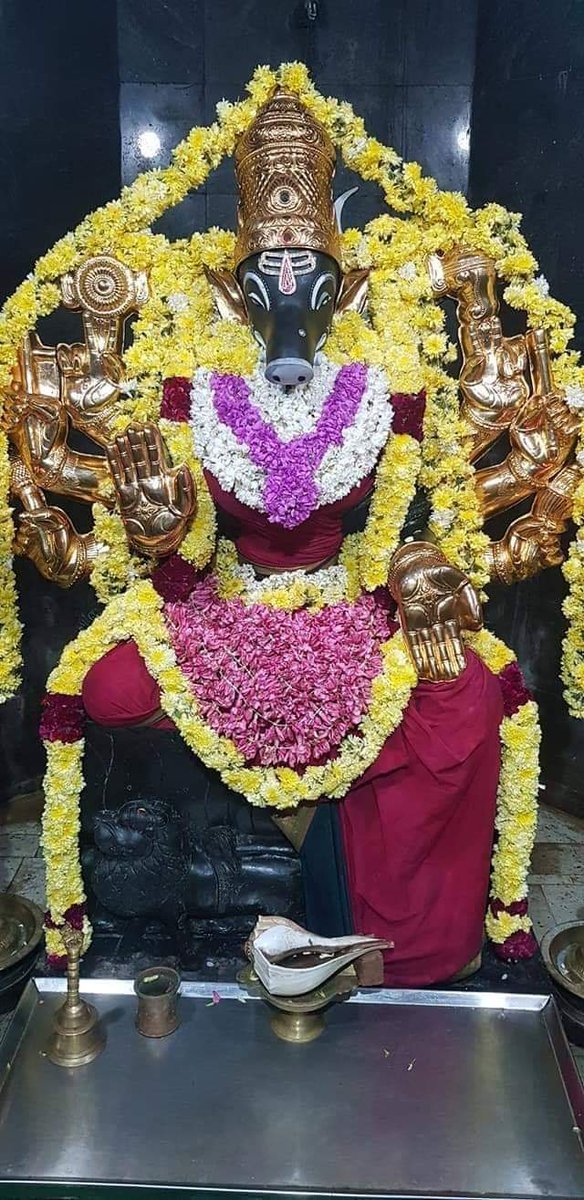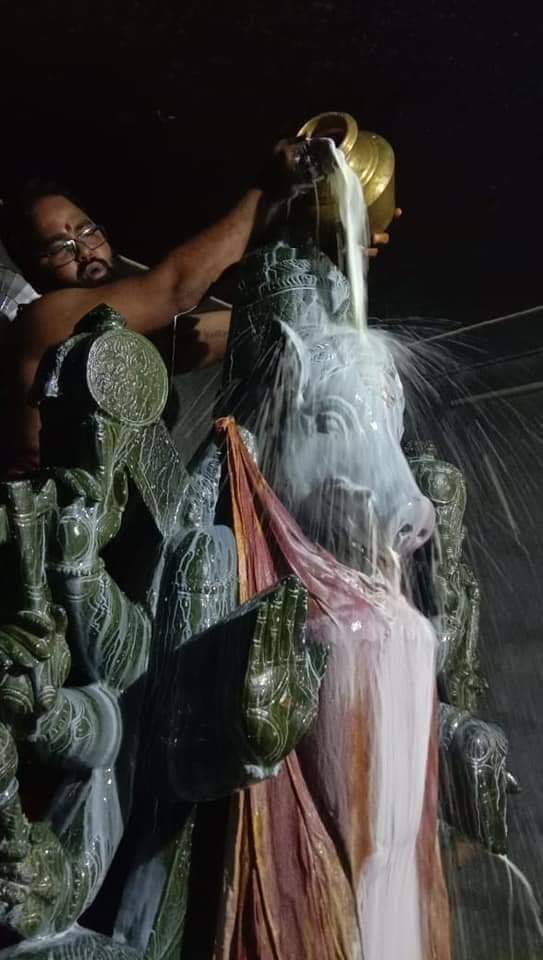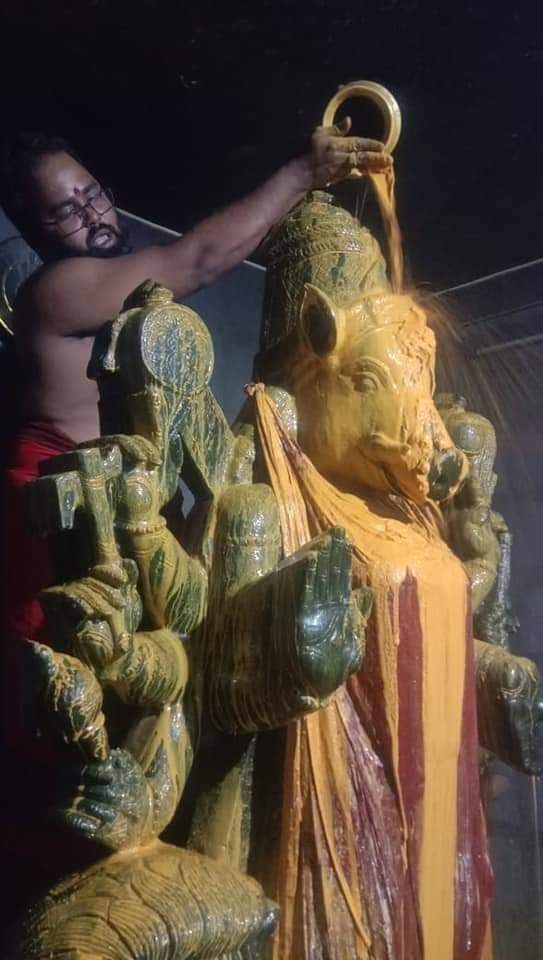
35 years ago today, in Moscow, Russia, "The Italian Stallion" Rocky Balboa defeated "The Siberian Express" Ivan Drago via 15th round knockout in what is still considered one of the greatest wars in combat sports history 🥊





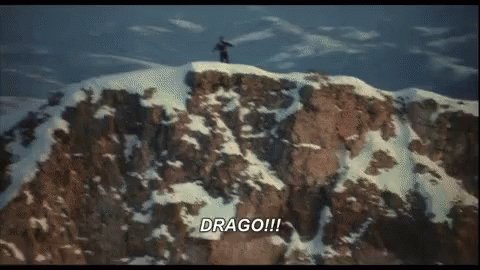
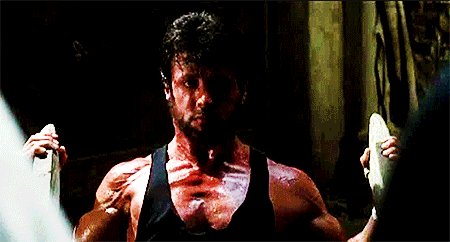

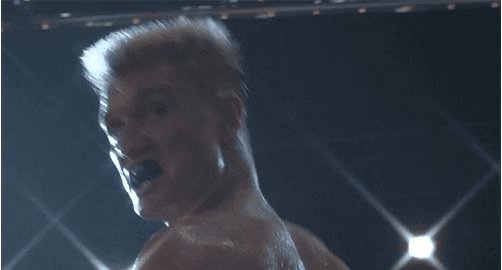
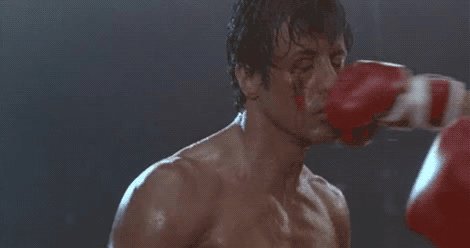
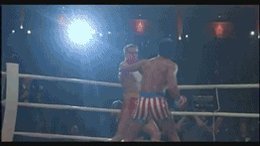
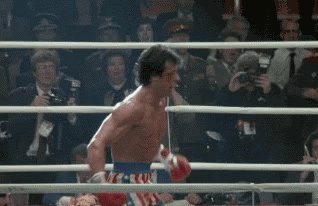
More from Sport
Andrew is correct at the neurological level. The cognitive and ecological explanations of the brain and behaviour are completely different. Saying you’re an eclectic coach at this level is like saying you
Many coaches advocate for picking and choosing methods from a variety of theoretical camps, on the premise that which is best \u2018depends\u2019 on the player, the coach, etc and you want the biggest toolkit you can get.
— Andrew D Wilson (@PsychScientists) November 27, 2020
I think this is an error, which I will now attempt to defend
believe the earth is round and flat. It’s simply not possible.
You CANNOT say that in one activity you are helping players build representations/memory (cognitive) and in another activity you’re helping players attune to specifying information in the environment (ecological).
No matter how much we scream eclecticism, at the neurological level Andrew is correct. But after this Andrew is incorrect.
He is basing his critique of an ‘it depends’ stance at a neurological ‘representations vs information’ level (see his thread). But this isn’t the level that
‘it depends’ functions (in a coaching context). ‘It depends’ exists at the behavioural level (certainly not the neurological level). ‘It depends’ relates to decision making around individual and group differences, as well as context. Coaching, by and large, is about helping
people manage and change behaviour – how a coach does this will ‘depend’ on a number of individual, group and contextual factors. That is the most important level of coaching and we don’t have to go to the neurological level to deliver efficaciously and effectively
You May Also Like
Twitter should be like that airport shuttle service, the moment you walk out (start following someone) - there should be a chauffeur (new stock idea) ready to drive you to your destination!
[Free CDMO Masterclass #18] https://t.co/208eQbYKEF
[Free Art of Investing] https://t.co/bHvUqnpiTE
[Paid IIC Dec 2020 on SeQuent] https://t.co/3iDO438Et9
[Charity fund raise on Unseen Trends in Biotechnology] https://t.co/eNi1x1qwhH
[Q&A on APIs]
Those who exited at 1500 needed money. They can always come back near 969. Those who exited at 230 also needed money. They can come back near 95.
Those who sold L @ 660 can always come back at 360. Those who sold S last week can be back @ 301
Sir, Log yahan.. 13 days patience nhi rakh sakte aur aap 2013 ki baat kar rahe ho. Even Aap Ready made portfolio banakar bhi de do to bhi wo 1 month me hi EXIT kar denge \U0001f602
— BhavinKhengarSuratGujarat (@IntradayWithBRK) September 19, 2021
Neuland 2700 se 1500 & Sequent 330 to 230 kya huwa.. 99% retailers/investors twitter par charcha n EXIT\U0001f602
A thread 👇
https://t.co/xj4js6shhy
Entrepreneur\u2019s mind.
— James Clear (@JamesClear) August 22, 2020
Athlete\u2019s body.
Artist\u2019s soul.
https://t.co/b81zoW6u1d
When you choose who to follow on Twitter, you are choosing your future thoughts.
— James Clear (@JamesClear) October 3, 2020
https://t.co/1147it02zs
Working on a problem reduces the fear of it.
— James Clear (@JamesClear) August 30, 2020
It\u2019s hard to fear a problem when you are making progress on it\u2014even if progress is imperfect and slow.
Action relieves anxiety.
https://t.co/A7XCU5fC2m
We often avoid taking action because we think "I need to learn more," but the best way to learn is often by taking action.
— James Clear (@JamesClear) September 23, 2020

